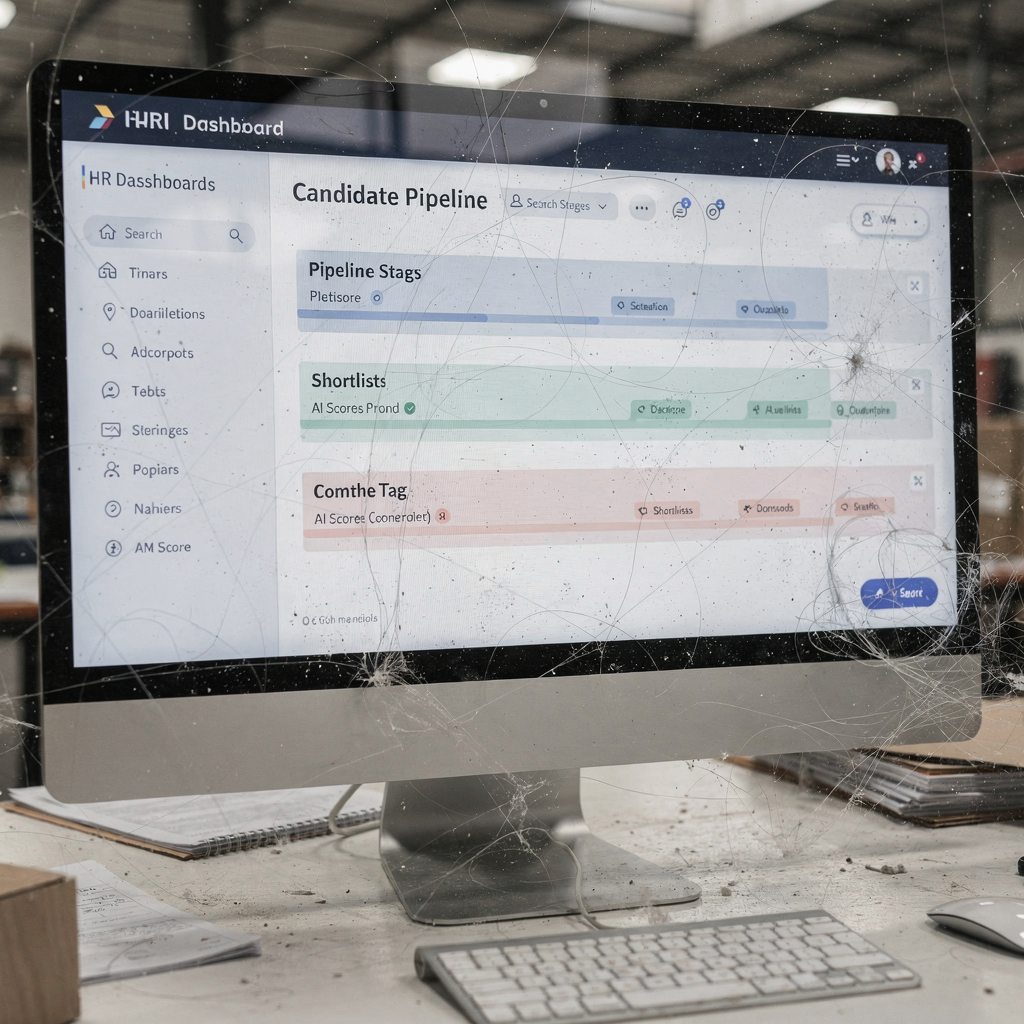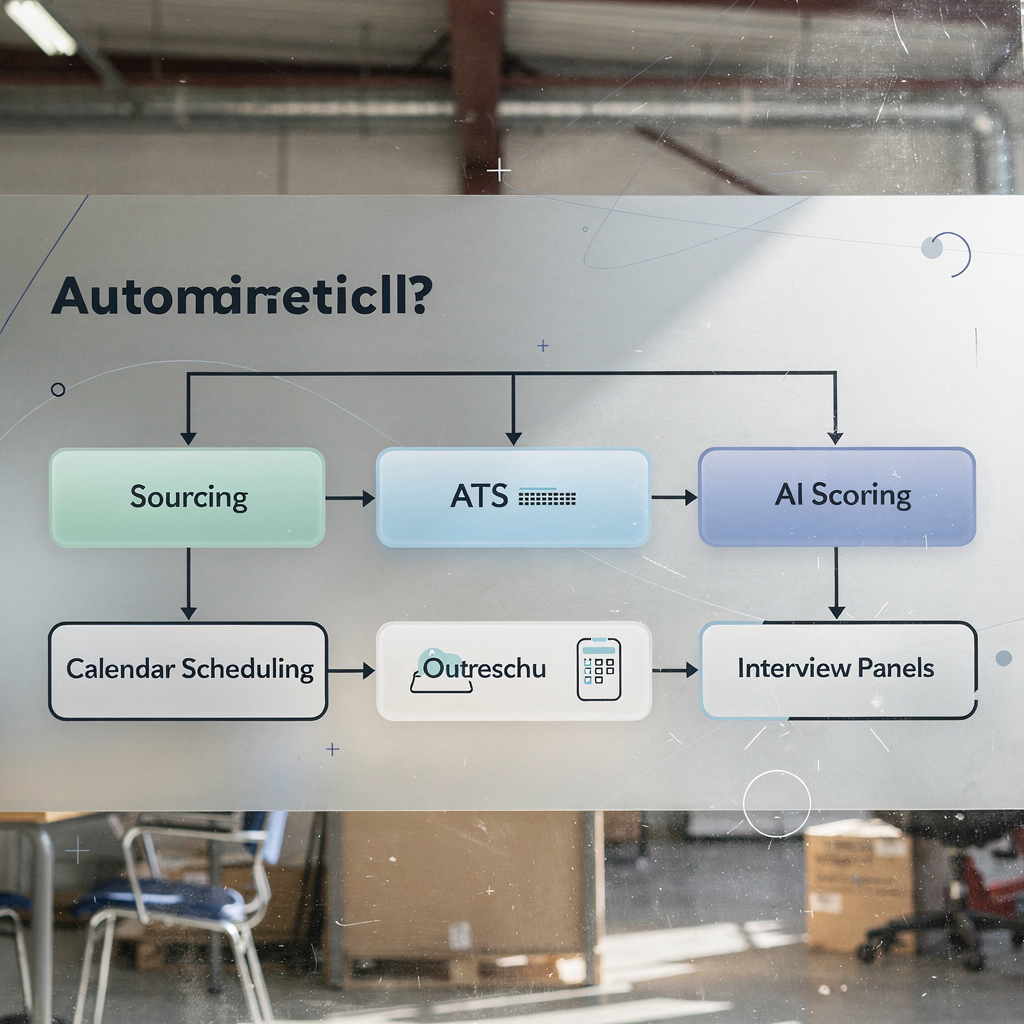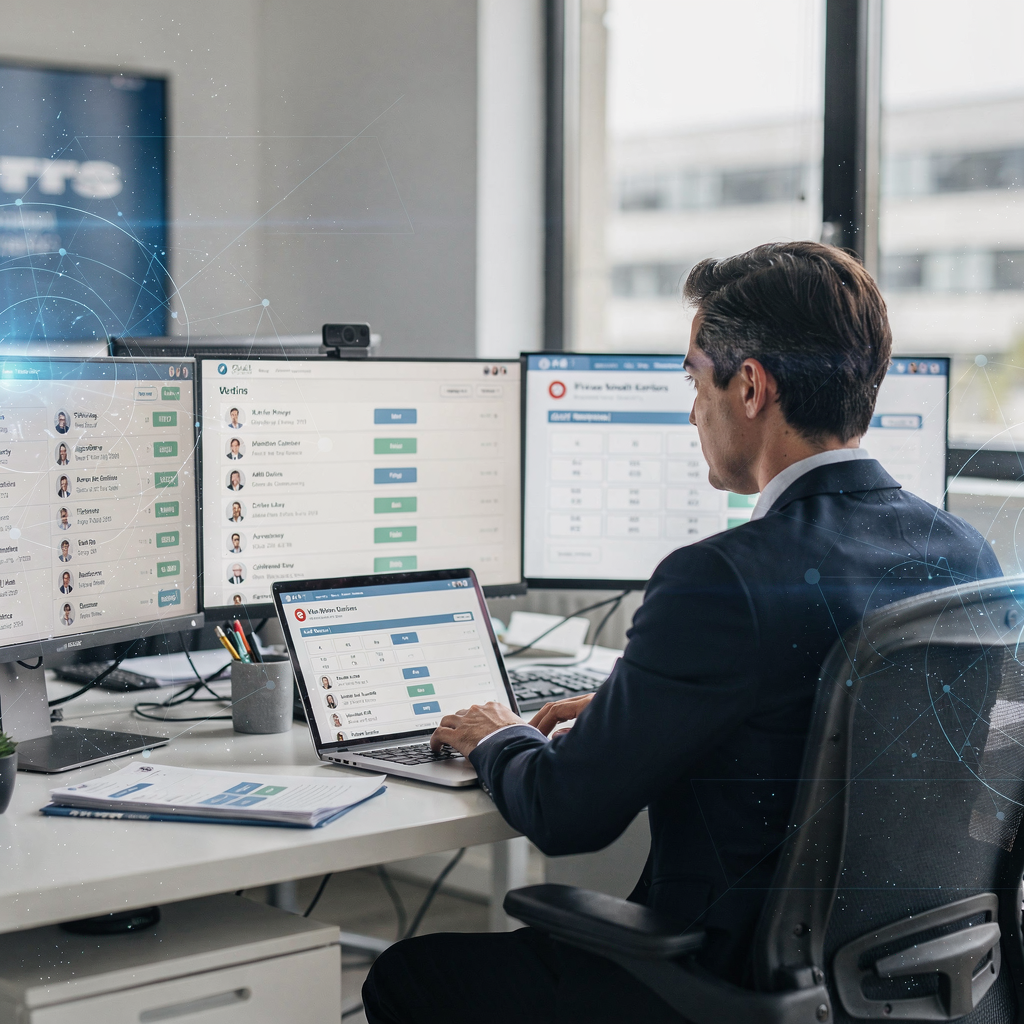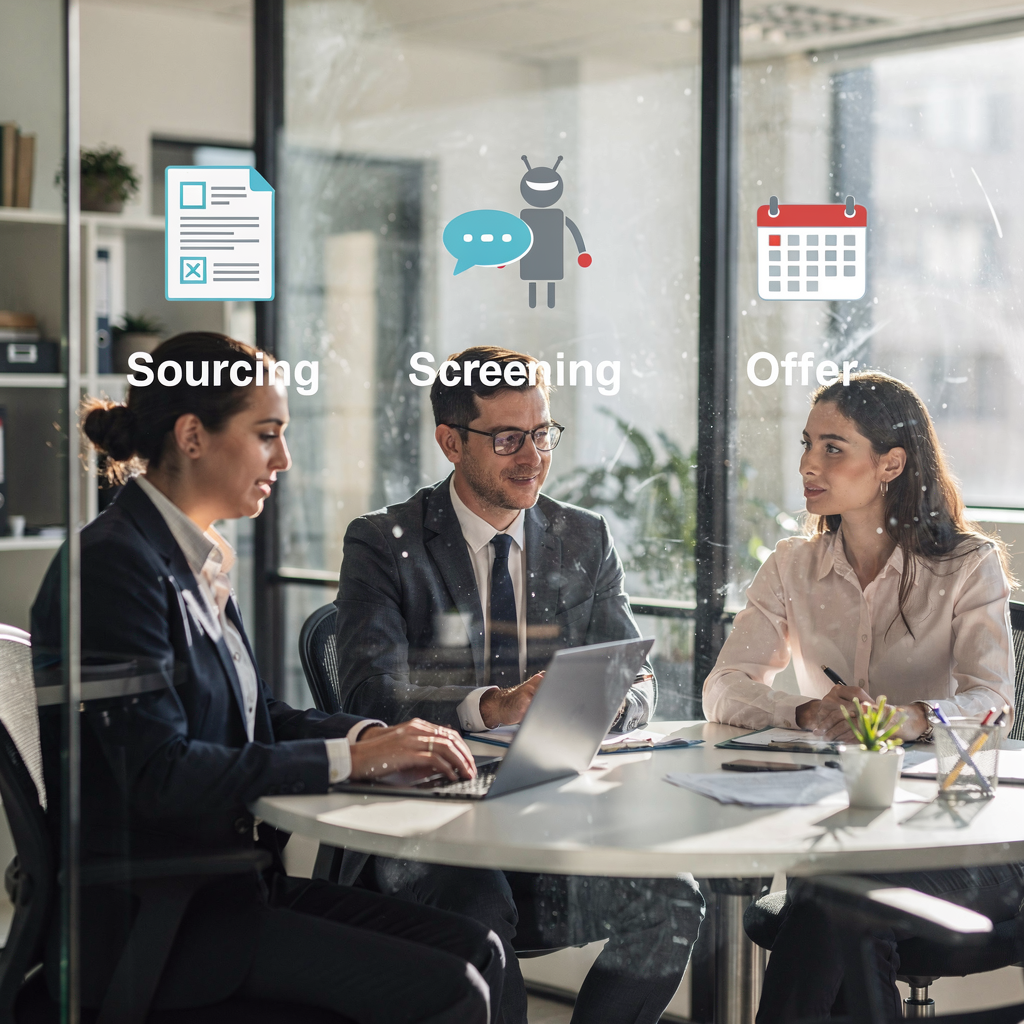Category: AI & Future of Work

AI recruitment workflow to hire and recruit
AI recruitment, recruitment and talent acquisition — why AI matters now AI recruitment sits inside modern talent acquisition as a set of technologies that speed sourcing, screening and communication. First, artificial intelligence brought algorithmic matching and automation to hiring. Next, AI adds scale so teams can process more candidates without raising headcount. Also, businesses report […]

AI recruitment software for faster hiring
ai recruiting software can automate resume screening and candidate sourcing to hire faster AI can automate CV parsing and keyword matching, and it can present initial scoring so recruiters see top matches first. AI recruiting software uses a resume parser to extract candidate information, and then it applies keyword matching to align resumes with the […]

Recruitment: Artificial intelligence in recruitment
recruitment: current state and why teams must adapt AI and data now shape the hiring landscape. Companies invest heavily in ai technology and HR tools. As a result, leaders must review their recruitment strategies and act fast. Investment in AI recruitment tools rose alongside recruiter demand for AI skills. For example, the number of recruiters […]

AI recruiting tool for recruiters
ai recruiting tool — What an ai recruiting tool does and why recruitment agencies use it An AI recruiting tool is software that helps recruitment teams find, sort and engage candidates. It can source CVs, parse resumes, score applicants, schedule interviews and run outreach. Recruiters use these tools to reduce repetitive work and to focus […]

Recruitment: AI in recruitment agencies
rise of AI — ai in recruitment and recruitment: why agencies are adopting it now The rise of AI in hiring has moved fast, and staffing agencies now place powerful automation tools into daily work. Around 70% of organisations report experimenting with or using AI in recruitment, and many have shifted pilots into production. Recruiters […]

AI assistant in recruitment: recruit faster
AI assistant: automate admin and make hiring faster AI assistants automate repetitive admin tasks so recruiting teams can make hiring faster and better. First, an AI assistant parses CVs, extracts candidate information and ranks resumes. Then it syncs calendars, handles interview scheduling and updates ATS records. This saves time for recruiters and lets them focus […]

AI hiring assistant: recruitment AI assistant
How an ai recruiting assistant can automate workflow and help recruiter hire faster AI recruiting assistants cut administrative load and help recruiters hire faster. Industry-reported figures show the AI recruitment market grew to about $661.56m in 2023 and is projected to reach $1.12bn by 2030, with a CAGR near 6.8% source. In addition, companies report […]

AI assistant for recruiters: smarter hiring
ai assistant: automate sourcing and resume screening to hire faster AI assistants speed up candidate sourcing, parsing and screening so you can hire faster. First, an AI engine scans resumes and ranks candidates in seconds. Next, it parses contact data, skills and job history. Then, recruiters review the shortlist and make faster hiring decisions. Recent […]

AI-powered staffing operations for staff recruitment
ai, recruitment and workforce management: how AI transforms hiring AI has reshaped how teams source, screen, and place candidates. And it does this by combining automation with analytics. First, automated resume screening speeds initial sorting. Next, candidate matching uses predictive analytics to score fit. Then, chatbots handle scheduling and basic screening. Finally, automated interview scheduling […]
AI recruiting platform to hire smarter
How ai and ai recruiting platform cut time-to-hire and cost AI changes how teams measure speed and cost in hiring. First, AI reduces time-to-hire by automating routine steps. For many teams, AI reduces overall time-to-hire by about 30%, and for some stages it can cut time in half. For example, automated resume screening can cut […]
